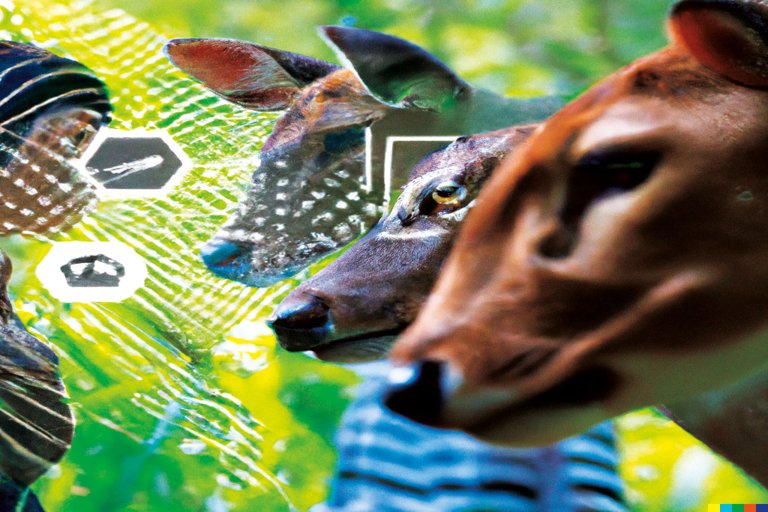Edmonton Startup Pioneers AI for Wildlife Conservation
An Alberta-based tech firm is using artificial intelligence to monitor wildlife migration and habitat health across Canada.

In a nondescript office in downtown Edmonton, a tech startup is quietly transforming the way conservationists track wildlife. WildSense Technologies, founded in 2021 by two former University of Alberta grads, is deploying artificial intelligence to monitor animal populations across remote Canadian habitats—without the need for costly helicopters or field crews.
Their flagship tool, Sentinel AI, uses machine learning to process thousands of hours of trail cam footage, satellite imagery, and even sound recordings. The software can identify over 200 species with high accuracy, detect behavioral changes, and alert researchers to potential threats such as poaching or wildfire risk.
What sets WildSense apart is their partnership model. Instead of selling to large agencies only, they provide low-cost subscriptions to Indigenous communities, academic labs, and grassroots environmental groups. 'We wanted this to be accessible, not just for people with government grants,' said co-founder Jamil Kaur.
The company’s tech is already being used to track caribou herds in the Yukon, grizzly bear movements in Banff, and migratory birds along the Athabasca River. In one pilot study, Sentinel AI helped biologists detect a rare nesting pattern weeks earlier than traditional methods would have allowed.
Conservation groups across Canada have praised the tool for reducing labor costs and expanding their research capabilities. 'It’s a game changer,' said Dr. Felicia Nookemis, a Cree environmental scientist working on moose recovery in northern Alberta. 'We can cover more territory without putting people at risk or disturbing the land.'
The startup’s focus on ethical AI has also garnered attention. They’ve published open-source protocols for data privacy and have rejected military contracts. 'We’re not interested in surveillance. We’re interested in stewardship,' said CTO Owen Marcille.
WildSense recently secured $2.5 million in seed funding, much of it from Canadian green tech accelerators and Indigenous innovation grants. The team plans to grow their staff from 11 to 30 by the end of the year, with new hires in software development, field ecology, and community outreach.
Despite the buzz, the founders remain cautious. 'AI isn’t a silver bullet,' said Kaur. 'It’s a tool—but it still needs people who know the land, who understand what balance looks like.'
The company has also launched an education initiative called Code for the Wild, teaching high school students in rural Alberta how to build basic wildlife models using open datasets. The first workshops took place this summer in Peace River and Fort McMurray.
In a time when climate change and habitat loss dominate headlines, WildSense offers a rare blend of optimism and innovation. Their mission is rooted not only in data, but in respect for the ecosystems that sustain life in the North.
Federal wildlife agencies have taken notice. Environment and Climate Change Canada has initiated talks with WildSense about adapting their software for nationwide species-at-risk monitoring programs.
Back in Edmonton, the team continues to iterate on their algorithms, drink too much coffee, and beta test drone-mounted audio sensors. It’s classic startup energy—but with a mission that goes well beyond profit.
As co-founder Marcille put it: 'We’re not just coding for clicks. We’re coding for creatures. And that feels like something worth staying up late for.'